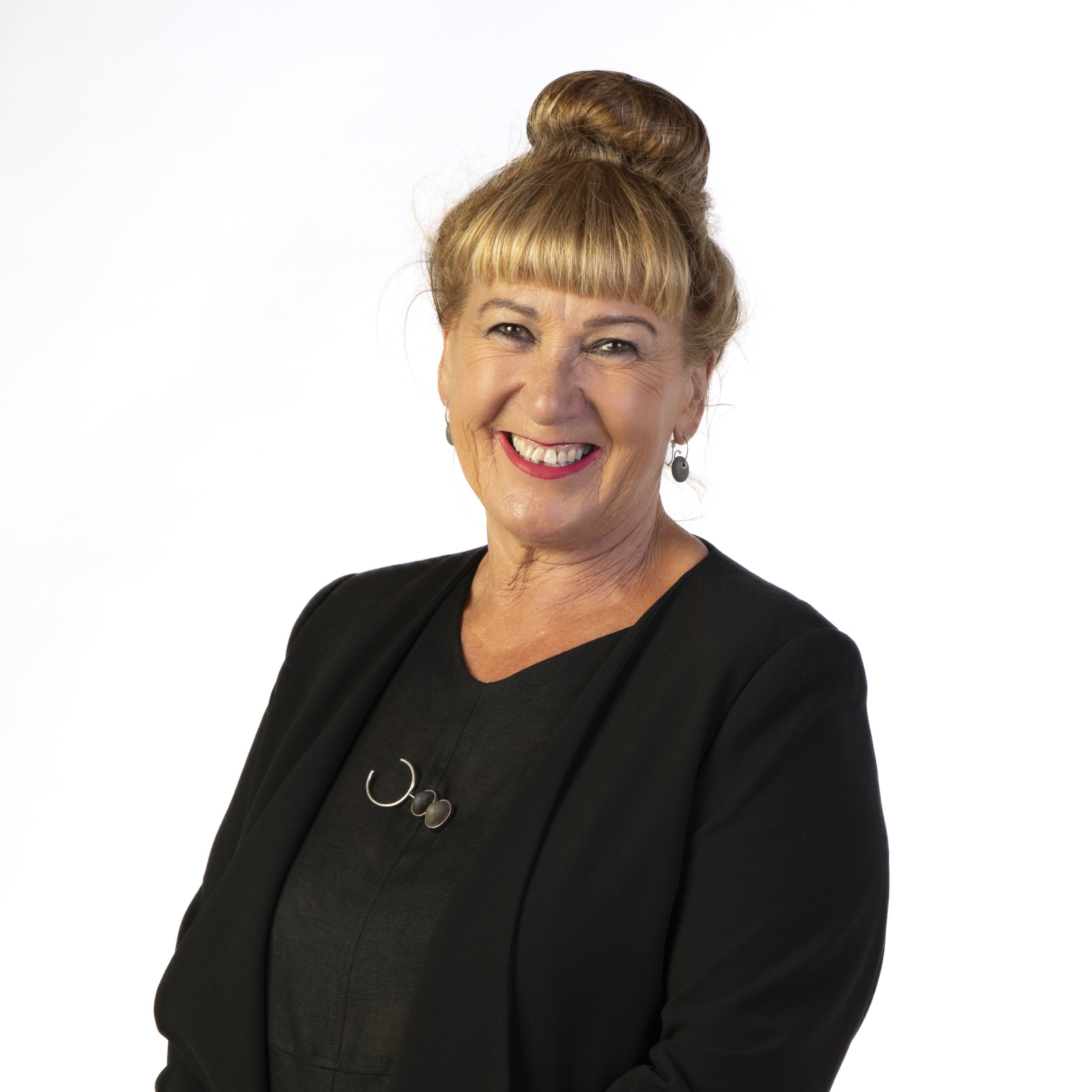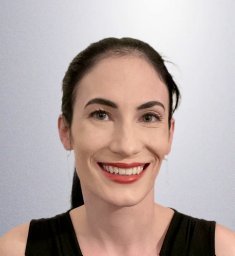Conference speakers
NZAS 2025 Conference
02–04 July 2025
TE WHANGANUI-A-TARA WELLINGTON-

Dr Liz Brown
Ko Nuku Mānia te maunga
Ko Orakaia te awa
Ko Te Waihora te hāpua
Ko Kāi Tahu, Kāti Māmoe me Waitaha ngā iwi
Ko Moki te marae
Ko Taumutu te wāhi
Ko Liz Brown tōku ingoaDr Liz Brown has worked in education across a number of fields, as a primary school teacher, a tertiary lecturer, and for the Ministry of Education. She also trained in Deaf Education. Liz is currently the Kaihautū Matua | Executive Director, Office of Treaty Partnership, Te Whare Wānanga o Waitaha | University of Canterbury. In this role she leads the university’s Māori strategy to support the embedding of Te Tiriti, indigenising of the curriculum and support services for Māori students. Liz recently completed her doctorate which examined “Intertwining Leadership and Change to Embed Te Tiriti within a University”.
She is the Chairperson of an education entity Kōia te Mātauraka. Kōia te Mātauraka is a Ngāi Tahu mandated company focussed on the indigenising of education in Canterbury.
She has held governance roles on Te Rūnanga o Ngāi Tahu board, Ngāi Tahu representative on the CPIT Council, and is Co-Chair of Te Waihora Co-Governance Board. Liz is also the Chairperson of Te Taumutu Rūnanga.
-

Dr Jessica Monaghan
Dr. Jessica Monaghan is a Senior Research Scientist leading artificial intelligence (AI) research at the National Acoustic Laboratories. With a background in psychoacoustics and engineering, her current research focuses on applying AI to hearing healthcare, with expertise in speech analysis, diagnostic tools, and communication technologies for people with hearing loss. Jessica currently leads an NHMRC-funded project creating an AI-powered smartphone app that analyses speech samples to help detect childhood hearing loss early, ensuring timely diagnosis and intervention. Her work spans deep learning applications in audiology, including improving hearing aid technology, developing automated speech recognition systems, and advancing data-driven approaches for better diagnosis and treatment of hearing conditions. Through her research, she aims to bridge the gap between cutting-edge technology and real-world clinical impact, making hearing healthcare more accessible and effective.
-

Dr Chris Paton
Dr Chris Paton is an Associate Professor at the Liggins Institute at the University of Auckland and Editor in Chief of BMJ Digital Health and AI.
His current research interests include investigating the adoption of AI technologies for clinical decision support, using mathematical modelling for human-computer interaction research, and 3D simulation for health services research and healthcare worker training.
-

Rachael Taylor
Rachael Taylor is an audiologist and neuroscientist from the University of Auckland.
She has over 20 years of experience in diagnostic vestibular and oculomotor function assessment. She trained at the National Hospital for Neurology and Neurosurgery in London, and the Royal Prince Alfred Hospital in Sydney, Australia.
She joined the University of Auckland in 2018 where she established a human vestibular research facility to support translational research for vestibular and neurological disorders in New Zealand. Rachael also teaches on the Master of Audiology program, supporting the training of students in assessing people with dizziness and balance problems.
-

A/Prof Kristin Uhler
Kristin Uhler, PhD is an Associate Professor in the Departments of Physical Medicine and Rehabilitation, Otolaryngology, and Psychiatry, and has a Specialty Certification in Pediatric Audiology. She has practiced as an audiologist for over 20 years.
Her research focuses on developing a biomarker of infant speech perception in infants with and without hearing loss. Clinically, she strives to standardize protocols to develop good clinical practices locally and nationally.
She is Kelley Family/Schlessman Family Scottish Rite Masons Chair in Childhood Language Disorders and Co-Chair of Bill Daniels Center for Children’s Hearing at Children’s Hospital Colorado. Dr. Uhler continues to refine the research tools she uses to decrease the age at which speech perception can be assessed and how speech perception relates to later language development.


